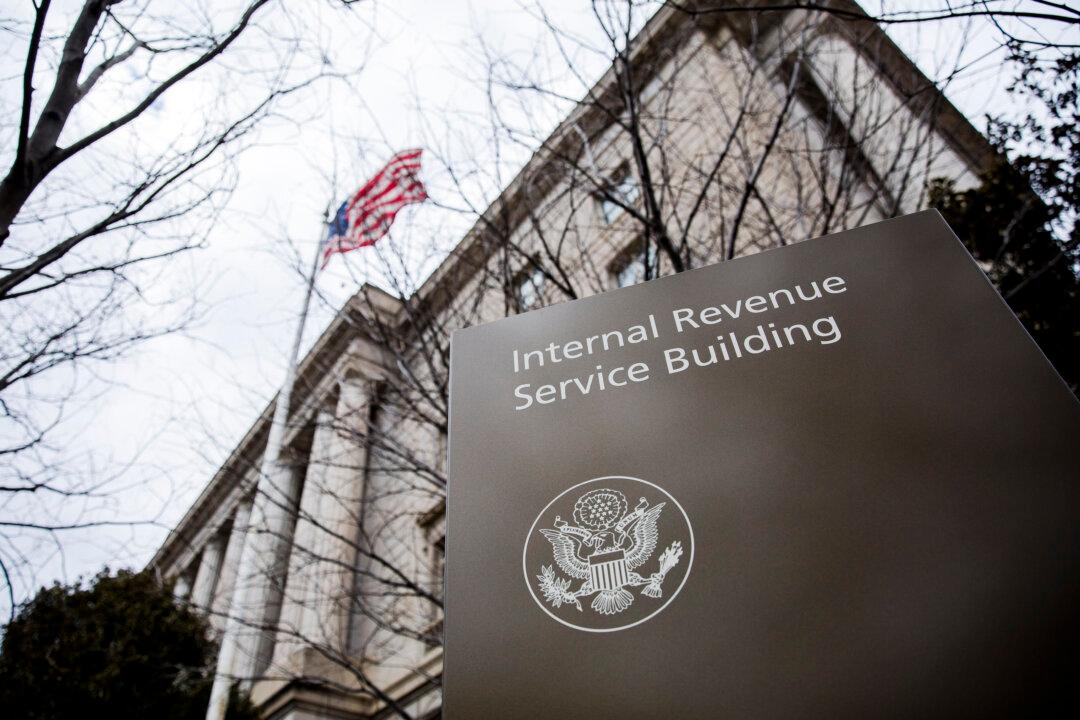The IRS announced on Feb. 19 that it will be increasing efforts to visit high-income earners who have failed to file one or more of their tax returns in prior years.
Beginning this month, the government agency, which has been hiring additional enforcement personnel, will be sending its revenue officers to conduct face-to-face visits with some individuals as part of an effort to “inform these taxpayers of their tax filing and paying obligations” and bring them “into compliance.”




